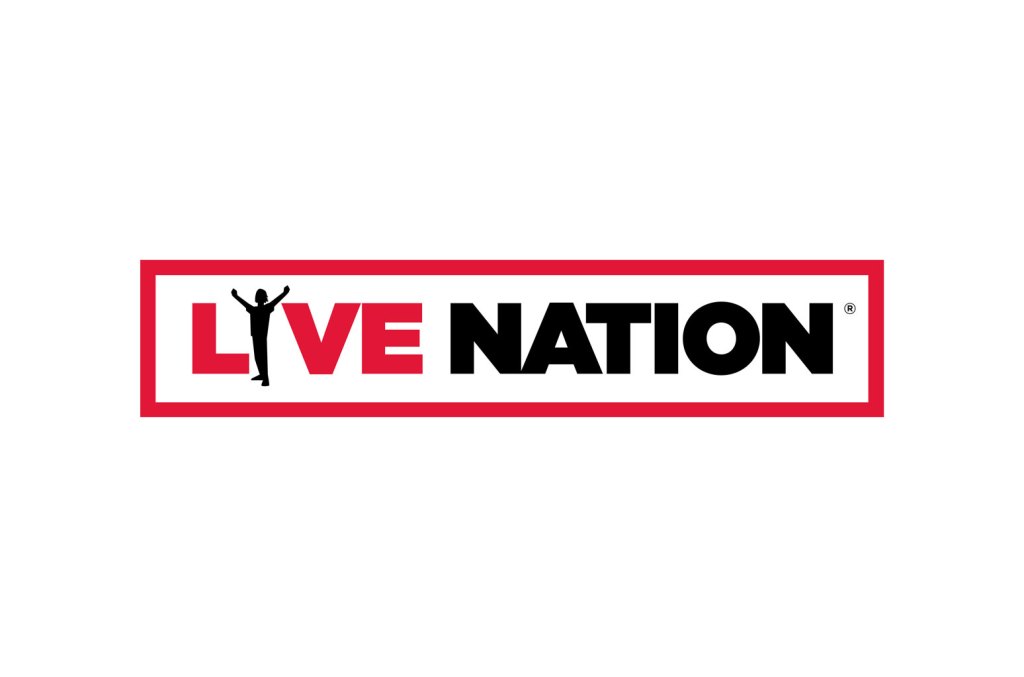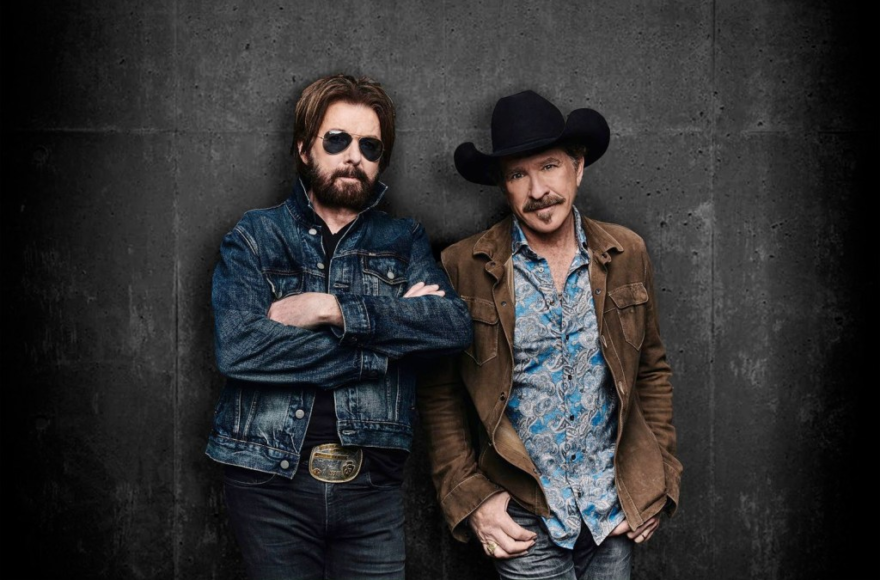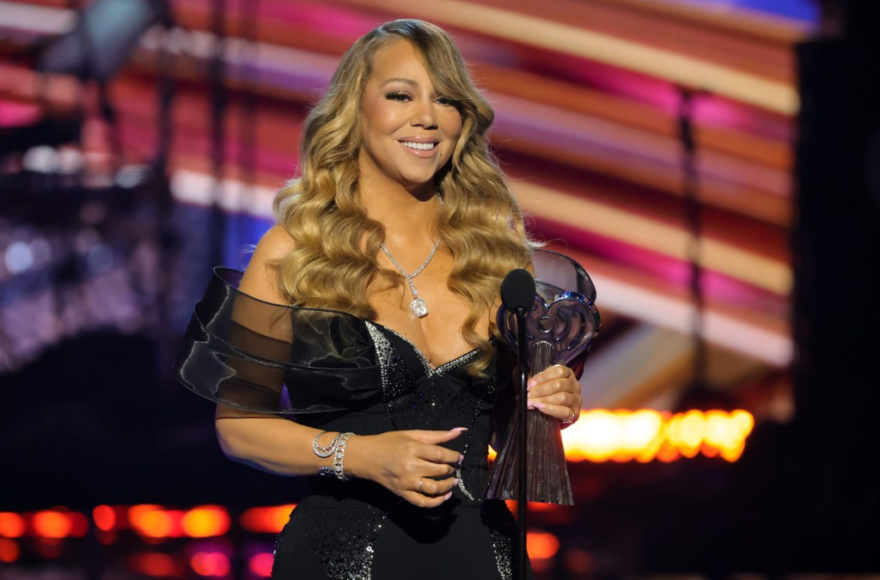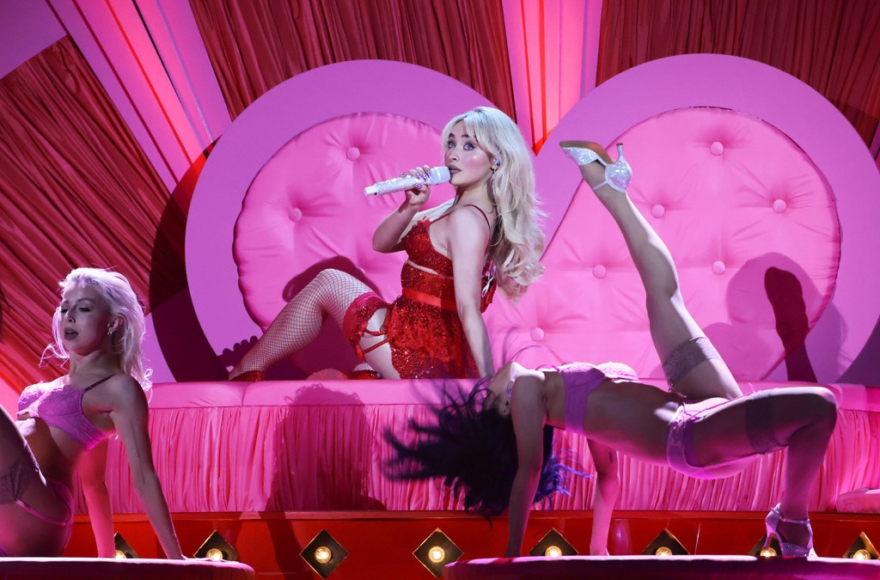NIVA Says Live Nation a Bigger Threat to Indie Venues Than Scalpers in Letter to FTC, DOJ

Live Nation poses more of a threat to independent promoters and venues than scalpers, officials with the National Independent Venue Association (NIVA) told the Trump administration in an open letter to the Federal Trade Commission (FTC) and the Department of Justice (DOJ) on Monday (July 7).
The letter follows a call for public comment from the two agencies in the wake of an executive order by President Trump earlier this year aimed at addressing long-standing consumer complaints about the event ticketing business. While both Live Nation and NIVA submitted lengthy responses urging Congress to pass a slate of reform packages targeting often criticized practices in the ticket resale business, NIVA officials also included several criticisms of Live Nation in its letter, calling for the company to be broken up and forced to pay hundreds of millions of dollars annually in legal settlements.
In his letter to the FTC and DOJ, NIVA executive director Stephen Parker accused Live Nation of using its vertically integrated “flywheel” model to outbid independent concert promoters for artist tours, knowing that the money the company loses on the concert business will be made up from revenue from ticketing fees, venue ownership, artist management fees, merchandise sales and advertising and sponsorship packages it sells to major brands. Parker called Live Nation’s market power a “direct result of a policy failure in 2010, when the U.S. Department of Justice (DOJ) allowed the merger of Live Nation and Ticketmaster,” adding that the DOJ’s lawsuit against Live Nation filed in May 2024 represented an opportunity to “correct this error and deliver structural change that should have been required fifteen years ago.”
Notably, NIVA’s hard line against Live Nation comes as the concert promotion giant fights for its survival in U.S. District court after the Department of Justice and 40 states attorneys general brought suit against the company last year on charges that the company acted monopolistically and used its scale to unfairly compete in the concert promotion market.
Later in the letter, Parker pointed to Live Nation’s artist management business, which he claims gives “its promotions division the right of first refusal” to directly submit offers to the biggest artists in the industry. He also accused the company of unfairly enforcing its radius clauses, punishing artists who opt to work with independent promoters and “demanding to be added as a ‘co-promoter’ on shows it had no involvement in booking.”
“The National Independent Venue Association 2025 State of Live report paints a stark picture of what independent venues face,” Parker’s letter continued, referring to NIVA’s first-ever comprehensive national economic impact study released last month. “Despite hosting more than 153,000 events, serving 183.7 million fans, and driving $10.6 billion in off-site tourism spending and $19.3 billion in tax revenue, 64% of independent venues were unprofitable in 2024, and nearly one-quarter struggled just to stay open.”
Along with calling for the forced divestiture of Live Nation into four separate companies, Parker wants Live Nation to pay into a “long-term fund of $300–$500 million annually for at least 15 years, financed through settlement contributions, disgorgement, or performance-based revenue shares,” adding that the fund “would support capital investment, marketing support, and operational sustainability for small and mid-sized independent venues, festivals, and promoters.”
In their own letter to the FTC and DOJ, Live Nation officials refuted NIVA’s claims about the company’s impact on independent promoters and outlined their own recommendations for cleaning up the live events industry — namely, by cracking down on the secondary ticketing business.
Live Nation’s recommendations include giving artists “the exclusive rights to decide if, when and how their tickets can be resold” and capping the amount of money a scalper can charge fans to no more than 20% above face value (in Parker’s letter, he says NIVA wants resale capped at 10%).
In the letter, Live Nation officials further stated that the growing resale market wasn’t only being driven by automated bots, noting that “one underappreciated method is the use of automation to create thousands of ‘synthetic’ accounts, meaning primary ticketing accounts that appear to be normal fan accounts but are actually controlled by ticket brokers.”
More than 80,000 new accounts are created every day at Ticketmaster, according to Live Nation’s letter, which continues that “there is strong evidence that a significant portion of new accounts are bad actors generating fake accounts.”
Live Nation has experienced recent cyber attacks, the letter explains, including more than 25 million daily attempts to create fake accounts, sometimes by non-public IP addresses making more than 10,000 attempts at a time.
“Scalpers rely on a low success rate to end up with banks of fake accounts,” the letter continues, adding that the burden “falls on Ticketmaster to identify and weed out the fake accounts. We are increasingly able to do so, but no one should be happy about a system that permits rogue actors to bombard primary tickets systems with fake accounts, bots, and all the rest, and then relies on the ticketing companies to clean up the mess.”




